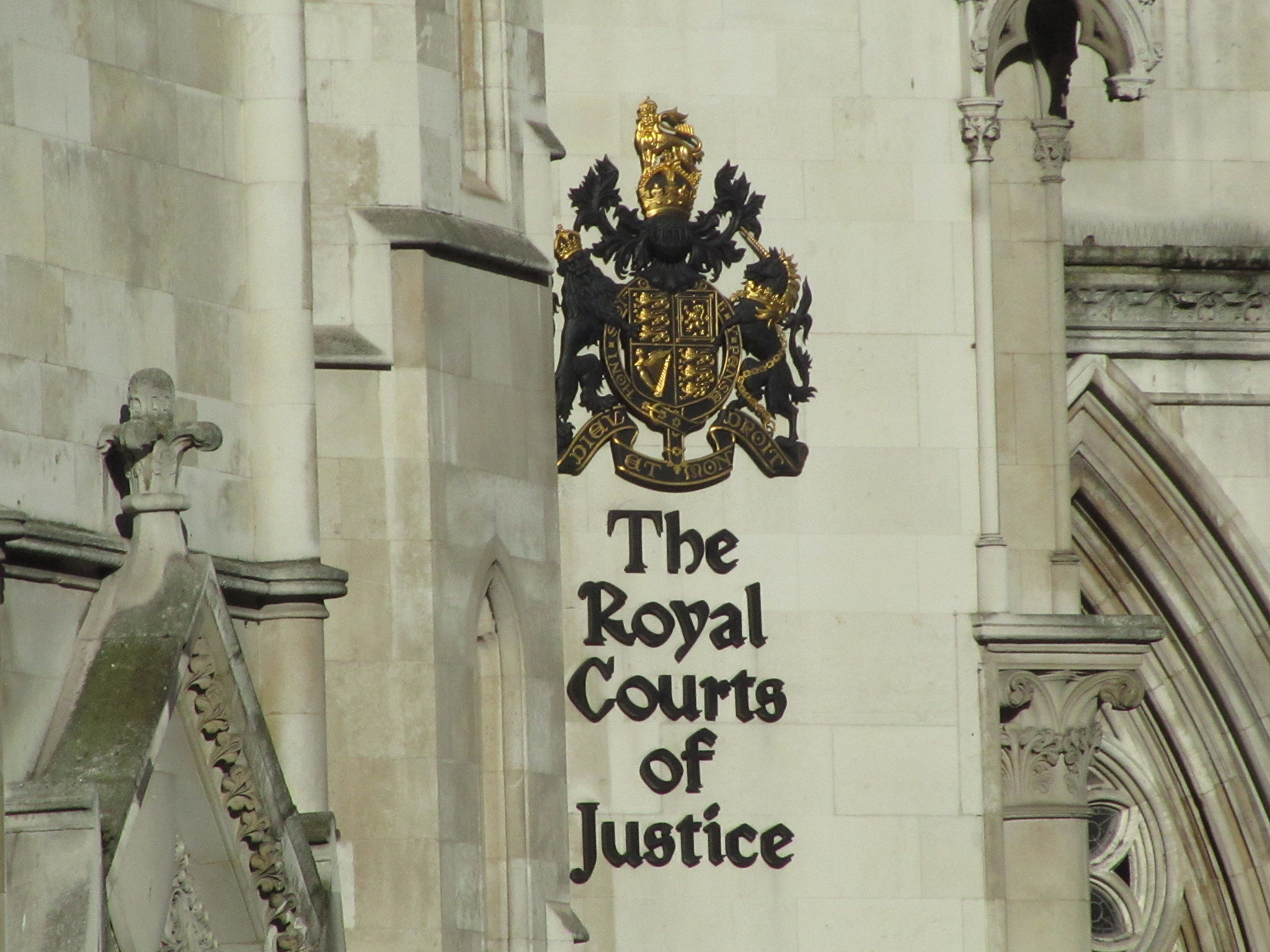
21 May Afghan Relocation Schemes: Judicial Review re. Afghan ‘Triples’ Forces
On 21-23 May 2025 the High Court will hear a judicial review regarding the operation of the ‘Triples Review’: the UK government process of re-assessing its blanket refusals of protection applications made by members of the Afghan ‘Triples’ forces: an elite Afghan regiment funded, equipped and trained by the UK and working alongside UK Special Forces.
The ‘Triples Review’ was announced on 1 February 2024 in response to serious concerns about the blanket refusal of applications for protection under the Afghan Relocations and Assistance Policy (“ARAP”) made by members of the Triples despite their uniquely close working relationship with British forces: the Triples were established and funded by the UK government and operated alongside UK Special Forces on highly dangerous missions in Afghanistan from the beginning of UK operations until their final days. Press reports have highlighted the appearance of bias and conflict of interest involved in UKSF blocking applications for protection made by members of the Triples – known to have raised concerns about the nature of UKSF operations – when UKSF were facing allegations of war crimes that are the subject of the Independent Inquiry Relating to Afghanistan.
The judicial review is brought by a senior Triples officer in the UK who has spent many years lobbying for UK protection for his fellow Triples. He has seen former colleagues killed and tortured by the Taliban while they waited for protection under ARAP. Unable to answer his colleagues’ questions, he became concerned about the absence of transparency around the ‘Triples Review’, in particular the lack of notifications of decisions and ambiguity about who was within and outside the review. Pre-action correspondence with the Ministry of Defence confirmed that (1) no notifications were being provided to persons refused protection under the Triples Review (even though they had a notional right to a review of that decision) and (2) only a subset of ARAP applications were being reviewed. The judicial review challenged the failure to notify the affected persons of their decisions, and the lack of public transparency as unlawful.
In response to the claim, over many months, the MoD has conceded several important matters, which have now been published in the run-up to the hearing. Importantly, these include the following:
- The UK government will now notify Triples who have been unsuccessful under the Triples Review of the decisions in their cases.
- The UK government will inform any Triple who wishes to know whether they are in the scope of the Triples Review in response to an email to the ARAP team and has given a direction to caseworkers to provide this information.
- The UK government has published further information that clarifies the scope of the Triples Review (here and here).
The remaining issues are therefore much reduced. The Claimant is arguing that the government should go further in (a) publishing the decision-making criteria that are being applied in the Triples Review; and (b) provide a clear explanation of the scope of the review. There are also (c) issues regarding the UK government’s compliance with its duty of candour with the Court regarding the sensitive origins of the Triples Review and the previous blanket ARAP refusals which led to it, over the course of months of litigation.
The Claimant is represented by Dan Carey and Cat Dowle of DPG, instructing Tom de la Mare KC of Blackstone Chambers and Emma Foubister of Matrix.
